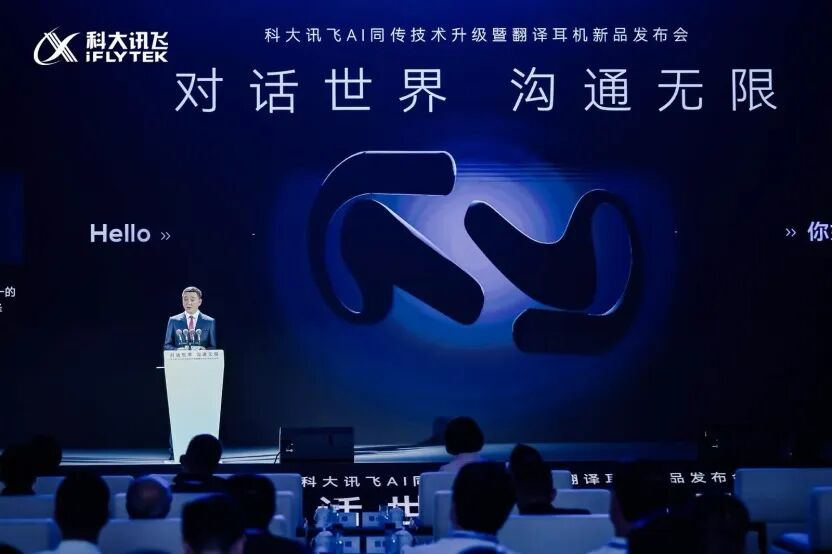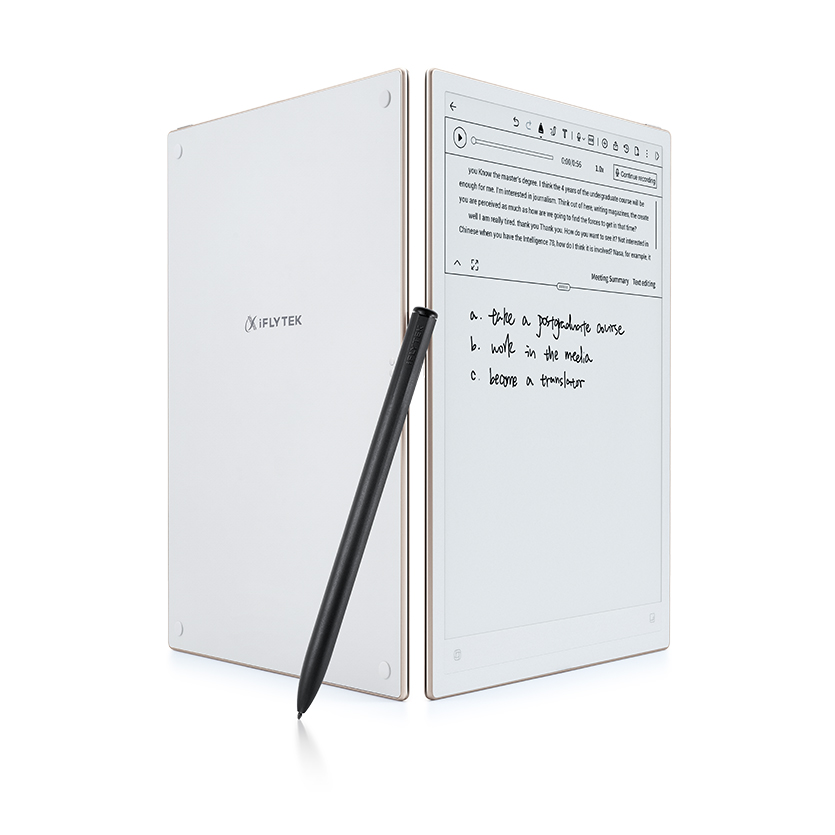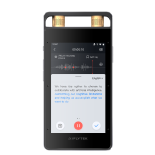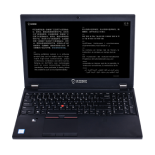May 07, 2024
The Commission on Science and Technology for Development (CSTD)丨iFLYTEK Contributed to the Development of Significant International Standards for Large Model Security Officially Released
The 27th session of the Commission on Science and Technology for Development (CSTD) took place in Geneva, Switzerland from April 15 to 19. During the AI-focused side event “Shaping the Future of AI” on April 16, World Digital Technology Academy (WDTA) unveiled several groundbreaking achievements. Among them were two international standards: “Generative Artificial Intelligence Application Security Testing and Validation Standard” and “Large Language Model Security Testing Method”. Notably, this marks the inaugural issuance of international standards by an international organisation in the realm of large model security, setting a new global benchmark for AI security assessment and testing.
iFLYTEK, together with OpenAI, Google, Microsoft, and several other organisations contributed to the development of the aforementioned two standards. iFLYTEK played a significant role in shaping “Generative Artificial Intelligence Application Security Testing and Validation Standard”.

Additionally, serving as a supporter of the session, iFLYTEK provided services such as iFLYREC and iFLYTEK Translator, which were highly praised by both participants and United Nations officials.
Ken Huang, Co-Chair of the WDTA AI STR Working Group, emphasised the importance of establishing comprehensive standards to address the security challenges posed by AI systems, particularly large language models, as they increasingly permeate all sectors of society as an integral part.
In recent years, countries worldwide have intensified their efforts to research and regulate the security of large models. The United Nations has been closely monitoring the AI industry since last year. In September, UNESCO issued the world’s inaugural guidelines on the application of generative AI in education and research, urging governments to regulate its use in education field. China has released initiatives including “Global Artificial Intelligence Governance Initiative”, “Interim Measures for the Management of Generative Artificial Intelligence Services”, and “Basic Requirements for the Safety of Generative Artificial Intelligence Services”, with the aim to foster safe and reliable advancement of generative artificial intelligence and promote a global consensus on AI governance.
The release of “Generative Artificial Intelligence Application Security Testing and Validation Standard” sets a fresh benchmark for evaluating and testing the security of artificial intelligence. The standard outlines a framework for testing and validating the security of generative AI applications, especially those utilising large language models (LLM). It delineates the testing and validation parameters for each layer of AI application architecture, including base model selection, embedded and vector databases, RAG or search enhancement generation, and AI application runtime security. The comprehensive approach ensures rigorous evaluation and compliance, safeguarding AI applications against threats and vulnerabilities throughout their life cycle.
iFLYTEK has actively contributed to the establishment of AI-related standards to foster the safe and dependable progress of artificial intelligence. In January of this year, iFLYTEK, serving as a core participant, engaged in developing the code large model for the China Academy of Information and Communications Technology (CAICT) of the Ministry of Industry and Information Technology. Last year, iFLYTEK was honoured as the co-leading unit of the Large Model Committee of the National Artificial Intelligence Standardisation General Group. Moreover, iFLYTEK was designated as the deputy leading unit of the Large Model Working Group within the Key Laboratory of Artificial Intelligence Key Technologies and Application Evaluation under the Ministry of Industry and Information Technology, engaging in the development of the large model standard system 2.0 by the China Academy of Information and Communications Technology (CAICT).
More News
-

 Industry First: Bluey and Other Classic English Animations Launch Exclusively on iFLYTEK AI Learning Machine
Industry First: Bluey and Other Classic English Animations Launch Exclusively on iFLYTEK AI Learning MachineJanuary 14, 2026
-

 iFLYTEK Showcases at the 2025 China International Travel Mart
iFLYTEK Showcases at the 2025 China International Travel MartJanuary 08, 2026
-

 2025 World University Presidents Forum Hosts "AI and Scientific Research Paradigms Shift"
2025 World University Presidents Forum Hosts "AI and Scientific Research Paradigms Shift"November 25, 2025
-

 iFLYTEK Upgrades Simultaneous Interpretation Model and Launches iFLYTRANS Headsets in Shanghai and Dubai
iFLYTEK Upgrades Simultaneous Interpretation Model and Launches iFLYTRANS Headsets in Shanghai and DubaiOctober 31, 2025
-

 Spotlight on DMEXCO 2025: Join iFLYTEK AI Marketing to Shape the AI-Driven Future of Digital Marketing
Spotlight on DMEXCO 2025: Join iFLYTEK AI Marketing to Shape the AI-Driven Future of Digital MarketingOctober 22, 2025



























